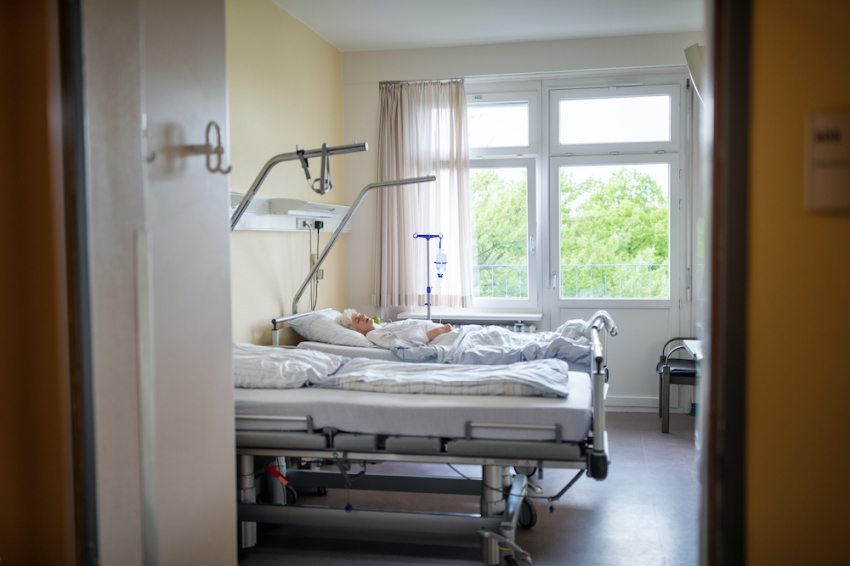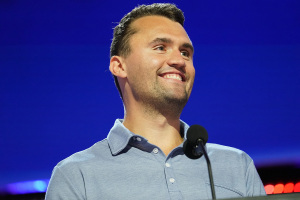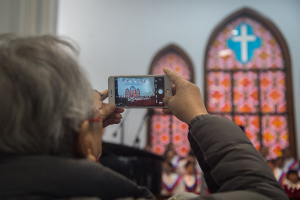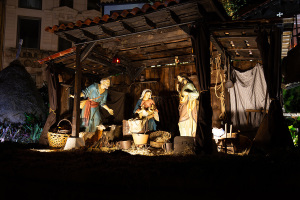Seminaries launch ‘Dial-a-Priest’ to give prayers, last rites to patients so they don't feel alone

A pair of Episcopal Church seminaries have launched a hotline in which clergy can give prayers and last rites to people in the hospital over the phone, namely for coronavirus patients for whom access might be limited because of social distancing.
Virginia Theological Seminary and General Theological Seminary launched “Dial-A-Priest” on Tuesday through their joint project, the TryTank Experimental Lab.
The Rev. Lorenzo Lebrija, director of TryTank, told The Christian Post that he believed the coronavirus pandemic “has brought out in many of us the deep desire to want to help.”
“When a call comes in, it rings at the same time to all of the volunteers currently logged into the system,” explained Lebrija, who noted that at present “Dial-A-Priest” had around 100 volunteers “on the system,” plus 70 who were on a wait list.
“A nurse or doctor will call, tell the clergy-person the name of the patient and then the prayers of ‘Ministration at the Time of Death’ are spoken.”

VTS Dean the Very Rev. Ian S. Markham, who commented that “Dial-A-Priest” was a way to make sure the dying do not feel alone.
“In a season where hospitals are overwhelmed and where pastoral care is limited because of ‘physical distancing,’ the Seminaries step in to suggest a way forward,” stated Markham.
“Our goal is to make sure that the dying do not feel alone at this time. It is a simple idea: we provide this free service to support those who are most in need.”
The Rev. Peggy Muncie, a retired Episcopal priest who previously served as a hospital chaplain, is one of the volunteers with the hotline.
She had been on the mailing list for TryTank and when they asked for volunteers for “Dial-A-Priest,” she felt a calling to participate.
“As a hospital and long term care chaplain, I often offered prayers at the time of death, sat with the dying and their loved ones,” she told CP.
“I know what patients, the families, and staff can feel in times of grief and deep sorrow. When a patient is actively dying it is hard. No one wants to have a loved one be alone at the time of death.”
Although the hotline has only been in operation since this week, Muncie has already given last rites over the phone to a dying patient, describing the experience as “a bit surreal at first.”
“However, when I made the connection with one family member as the spouse was actively dying I found myself connecting with the individual as we spoke,” said Muncie.
“Once I said the prayer, I let a silence fall. We began to connect and she shared her story, their story, and we spoke of their life together. The meaning of their life together and how important they were to each other became real.”
Muncie recalled that “somehow she was able to believe through her deep grief that God would receive her loved one into the Kingdom.”
“I heard her belief and her gratitude. Together at the end we prayed the Lord’s Prayer — that prayer that unites all Christians,” she continued.
Muncie hopes that “Dial-A-Priest” would be a help to hospital staff who focus on spiritual care, as it would be available “when a patient or loved one asks for an Episcopal rite and prayer.”
“To offer prayers of hope for the patient, that is more than last rites. It is the support that religion provides for those in crisis in hospital,” said Muncie.
“Even over the phone, hearing the warmth and compassion of a human voice when you or your loved one is at the brink of death, sharing with you the hope that there is a dwelling place of perfect rest and blessedness, a place where the angels surround you and the peace of God is real is powerful and offers consolation.”



























